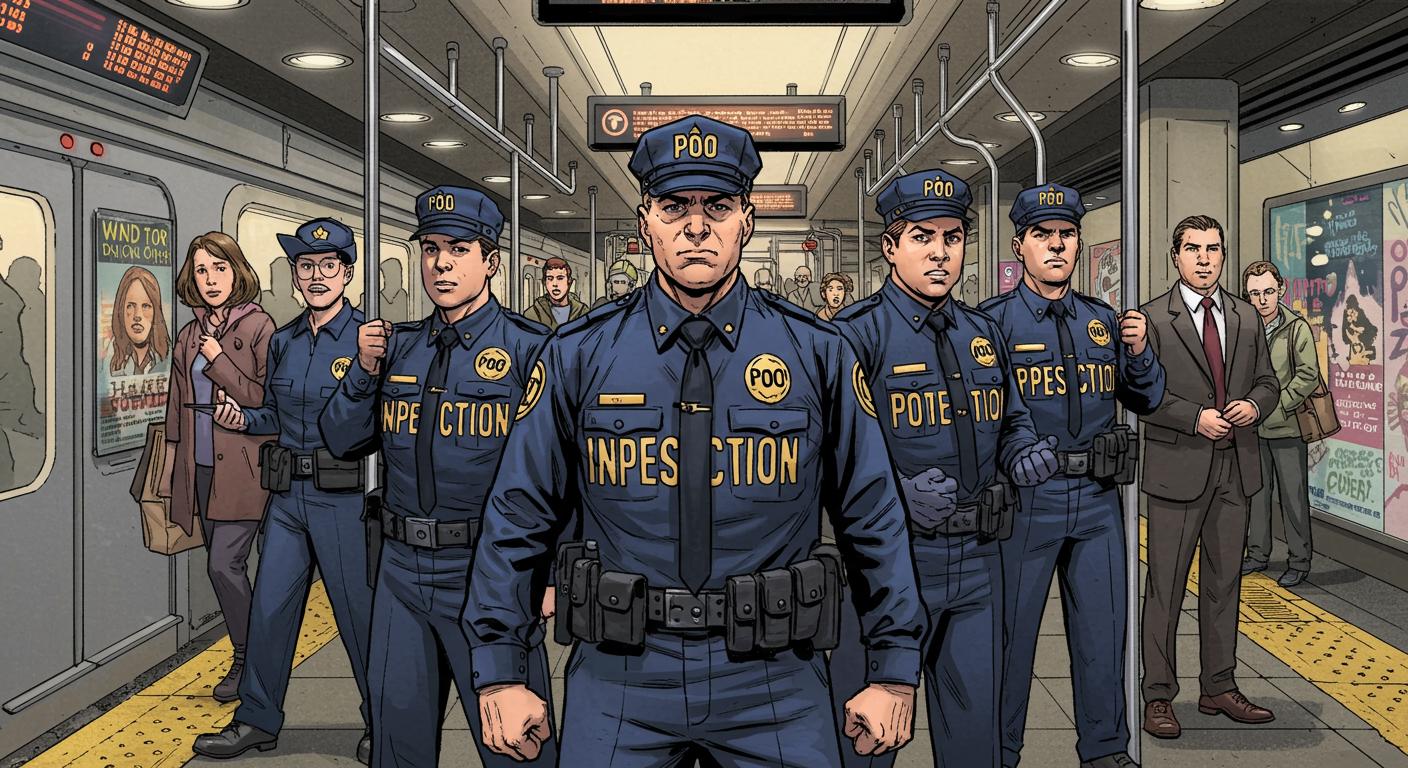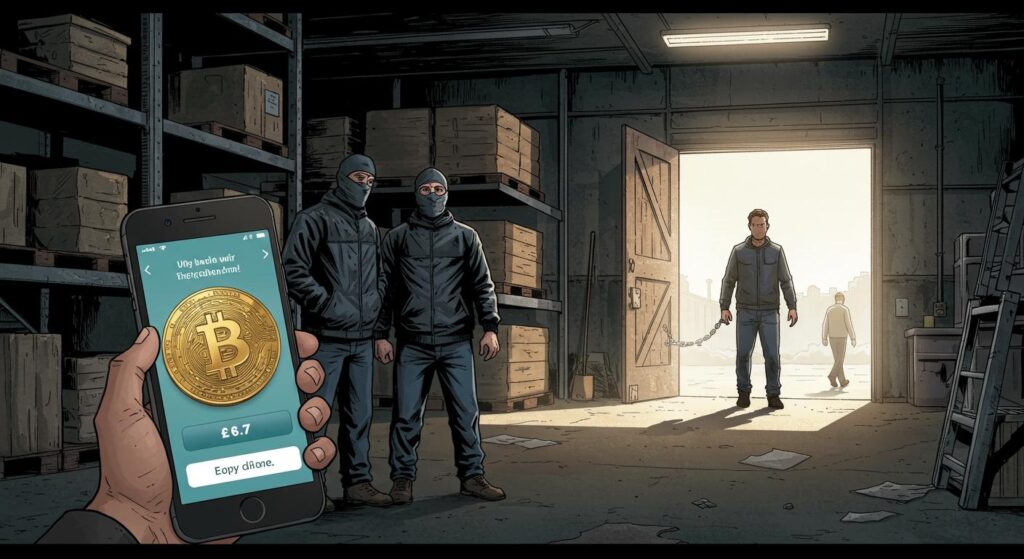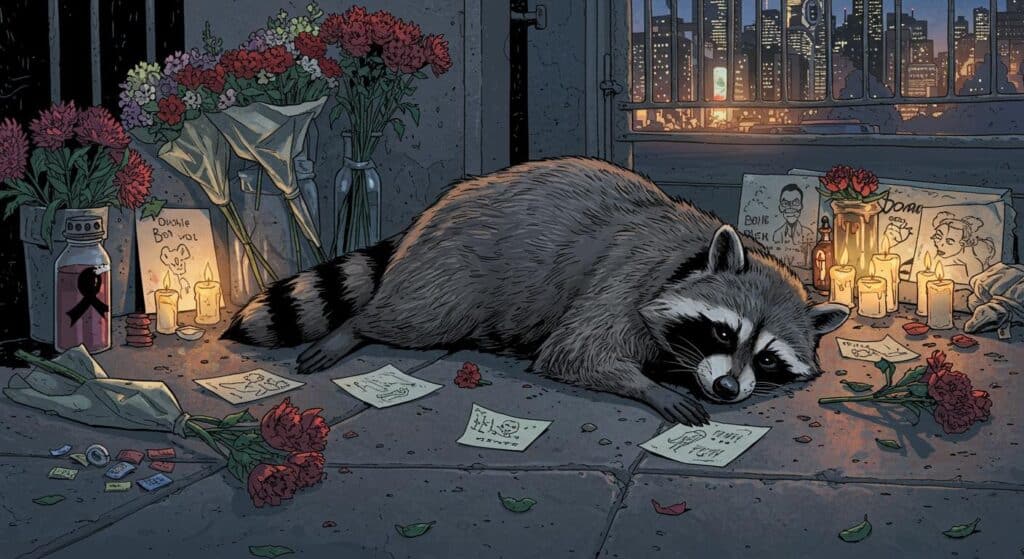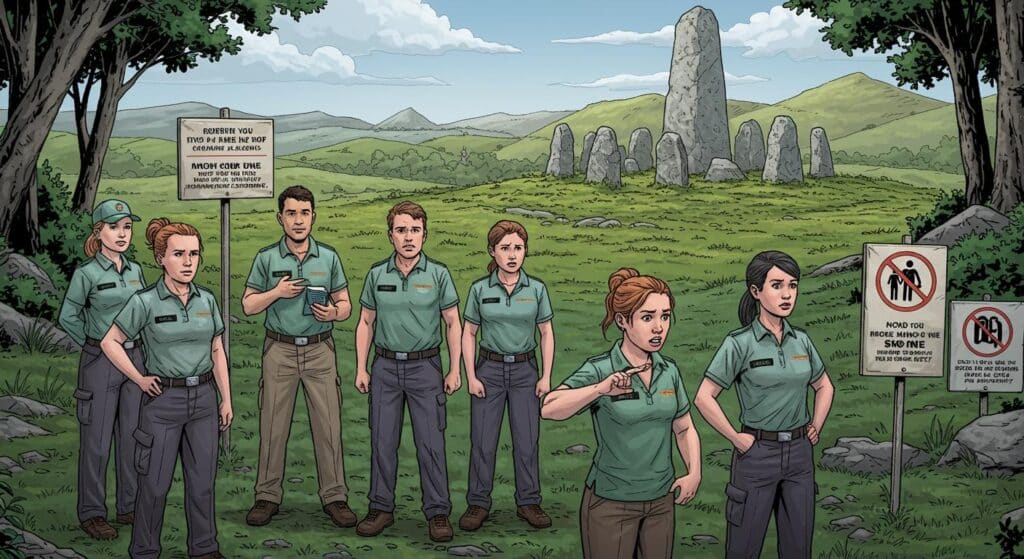There are plenty of times when public transit draws mockery—delayed trains, questionable subway smells, and seats whose stains defy easy explanation. But every so often, a transit blunder comes along that’s tailor-made for aficionados of unintentional humor. Toronto, best known for its stoic streetcars and long winters, has landed itself a spot in the archives of bureaucratic comedy with its latest rebranding effort.
The Unfortunate Power of Acronyms
The days of Toronto’s fare inspectors in distinctive yellow jackets are over. According to CityNews, the Toronto Transit Commission (TTC) has outfitted inspectors in sober grey shirts as part of a campaign to bolster public authority and signal seriousness in tackling fare evasion. The idea, presumably, was to leave behind the attention-grabbing attire and bring a bit more gravitas to the job.
But as officials told CityNews, the biggest change isn’t in the color palette—it’s in the title. Fare inspectors now carry the designation of Provincial Offences Officer, giving rise to an acronym that brought the internet to tears: POO.
Online reaction was swift and, as might be expected, entirely irrepressible. In a detail highlighted by CityNews, City Hall reporter Matthew Bingley tweeted, “Just spotted some POO’s on the street. (Did ANYONE workshop this?).” The TTC’s media team responded on social media, explaining, “the acronym was thought through, but the designation was not ours to begin with,” and further noting that POO existed in Ontario legislation “long before” the TTC adopted it. Their post concluded with a nod to online critics: “We thank the snickering, puerile 12-year-old boys who dominate the internet for their insights. However, it does not negate the fact that fare cheats face fines of hundreds of dollars, which is no laughing matter.”
Elsewhere in the outlet’s coverage, Councillor Josh Matlow contributed his own tongue-in-cheek commentary, quote-tweeting the official announcement to add, “We’re going to have to do some work on the acronym though.” One has to imagine the collective eyebrow-raise in TTC offices across the city.
Was this a case where bureaucratic tunnel vision overpowered common sense? Or just another cautionary tale in the annals of acronyms?
Fare Evasion: A Serious Mission, Derailed by Laughter
It’s hard to blame the internet for latching onto POO, but the TTC’s underlying goal is far from frivolous. As described in a 2023 audit referenced by CityNews, the agency estimates up to $140 million is lost to fare evasion each year—funds that could otherwise go toward service improvements, safety, and cleanliness. To address these significant losses, officials cited in the article point back to a 2019 Auditor General’s report recommending a more visible and effective fare inspection regime.
The outlet also notes that the rebranding is only part of a broader effort: the TTC has been phasing out “no-tap” fare gates, deploying plainclothes inspectors, introducing body-worn cameras, and rolling out mobile ticketing. Under the POO title, inspectors hold authority to check for valid fare and issue fines from $235 to $425 for evasion.
And yet, as CityNews documents, the humor of the situation risks overshadowing these practical changes. If your commute includes telling your friends that a “POO checked your ticket,” does the new authority land as intended?
Acronyms and Their Unforgiving Legacy
The POO story is a showcase for how quickly a simple administrative adjustment can take on a life of its own. In attempting a serious crackdown on lost revenue, did Toronto’s transit agency stumble into the oldest joke in the rulebook? CityNews’ reporting captures the mix of public bemusement and official defensiveness in equal measure.
This isn’t even Toronto’s strangest transit news of the week, as the outlet also mentions a viral video of a bed bug crawling along a Line 1 subway seat. A system dealing daily with the practical realities (and indignities) of public transportation may now also have to contend with a meme that refuses to quit. Might an acronym really derail a carefully orchestrated campaign for compliance, or will Toronto’s commuters someday get so used to the title they no longer notice?
It’s a reminder—one that bureaucrats everywhere could take to heart—that, sometimes, success hinges on the smallest of details. In this case, just three tiny but unforgettable letters.







